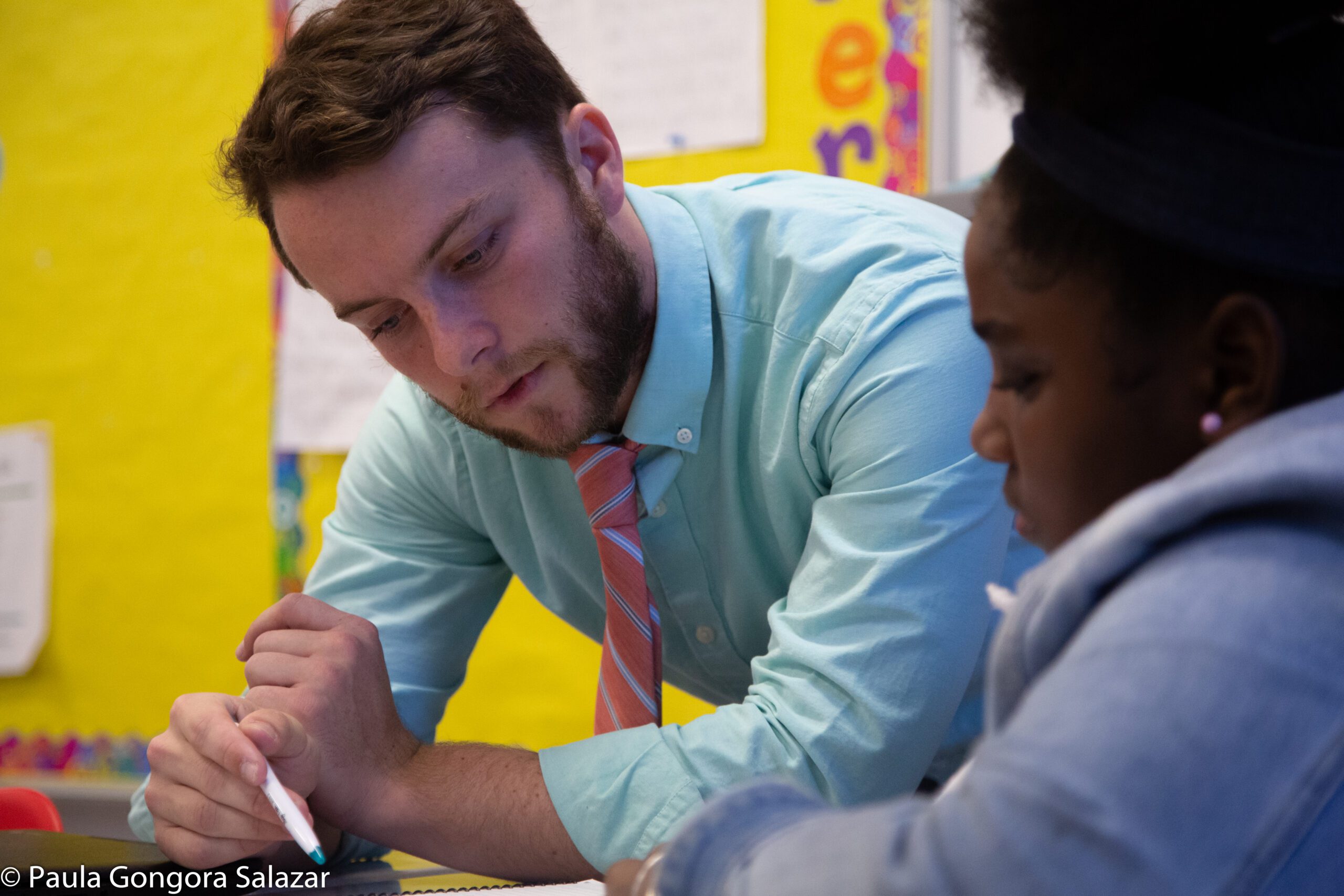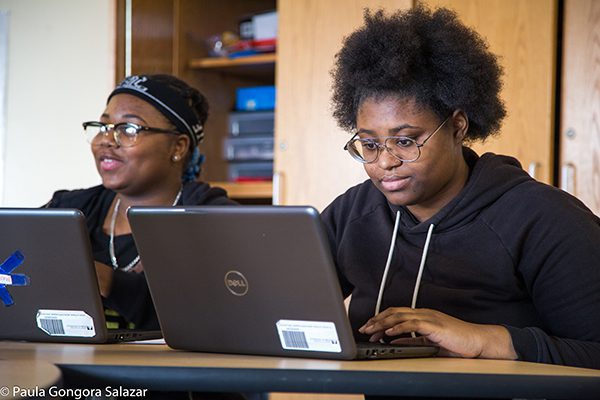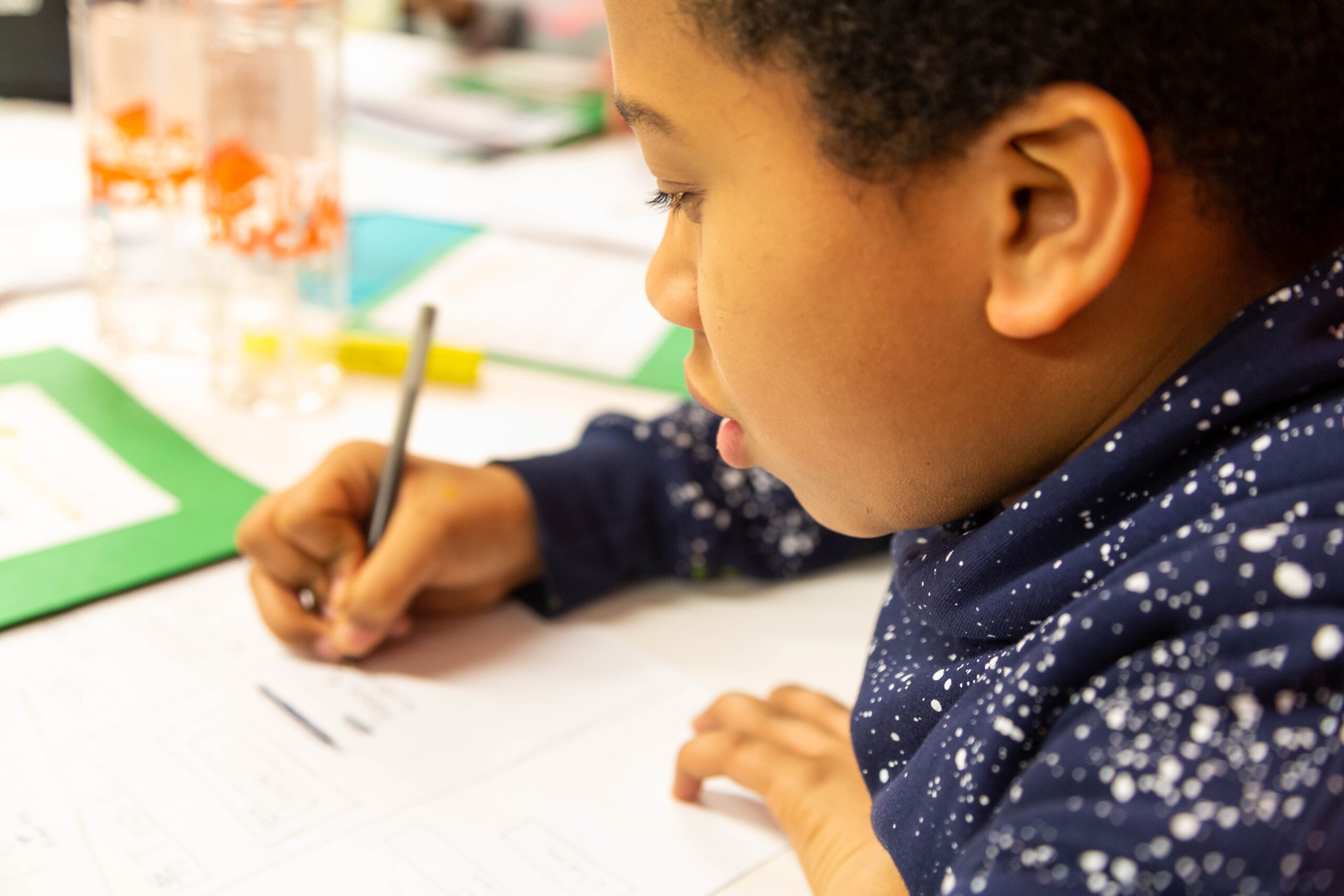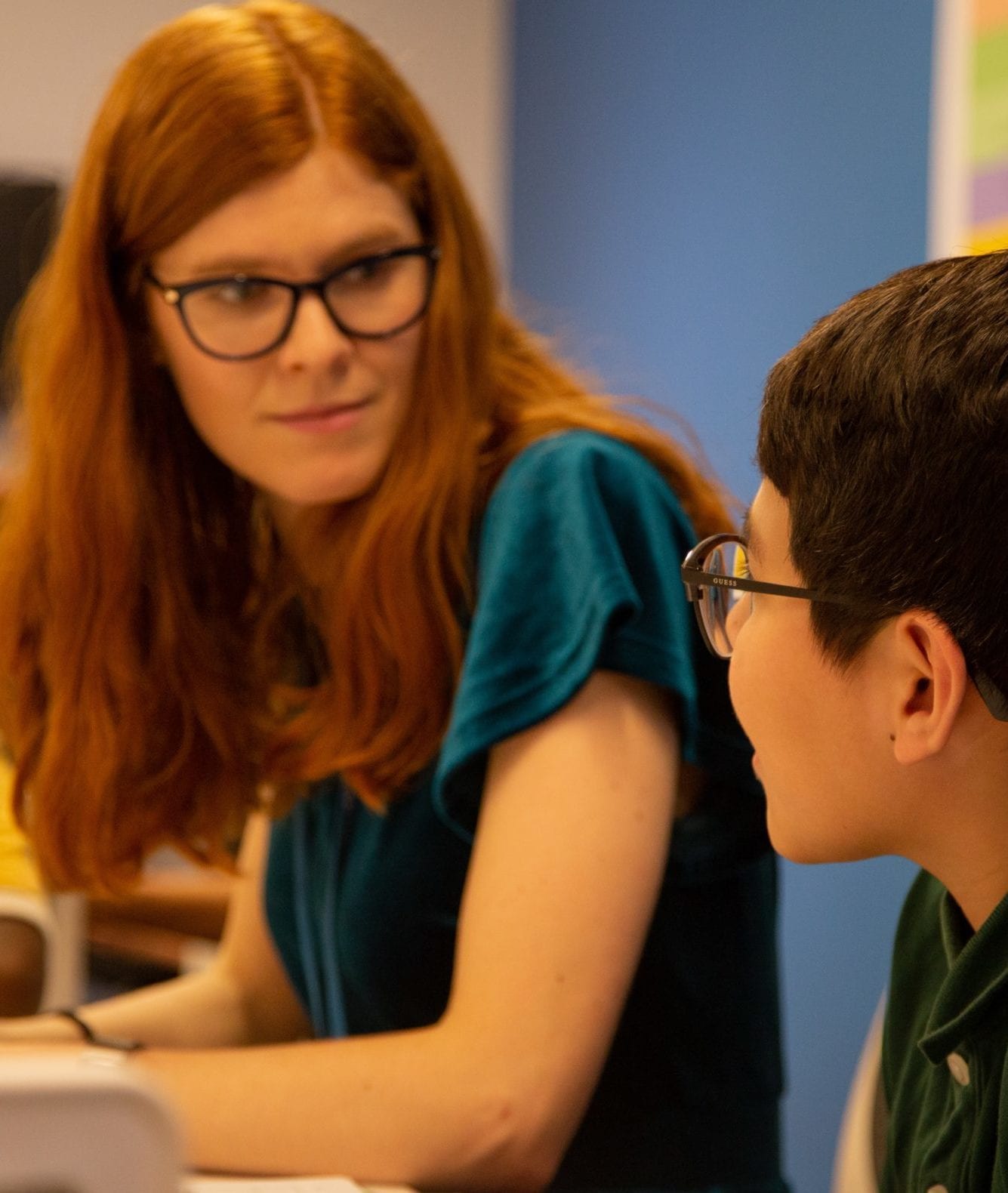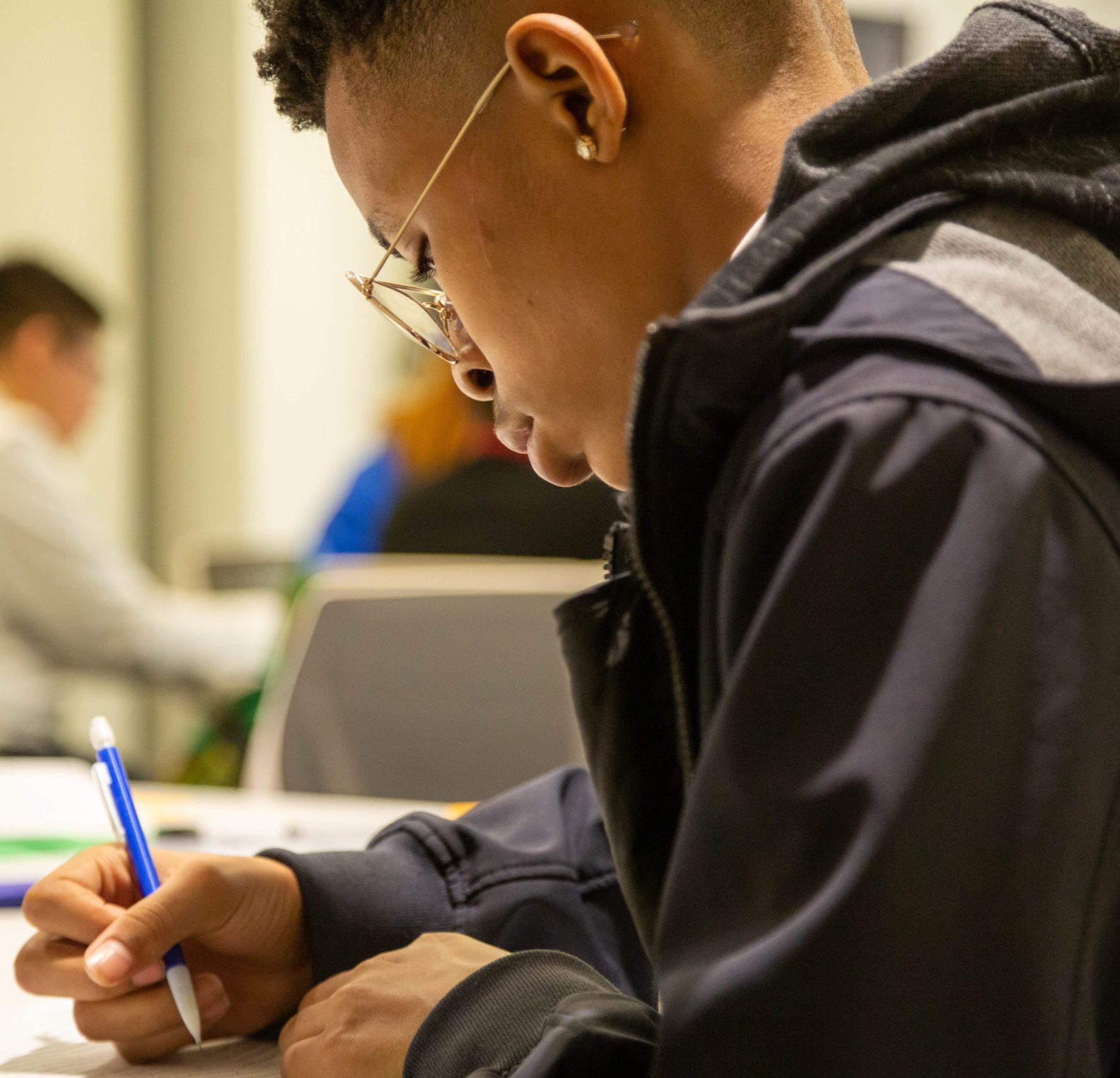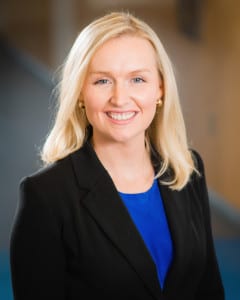The One World Program
The One World Program trains teachers who work directly with students in their classes to improve students’ research and writing skills, build knowledge, and help students propose solutions to social justice issues that are important to them. Students research and write essays and turn them into presentations for their communities. For every school partner, we tailor our program resources and services to meet the unique needs of each school, driving our success with different populations. We expect at least 70% of students will improve their research and writing skills.
